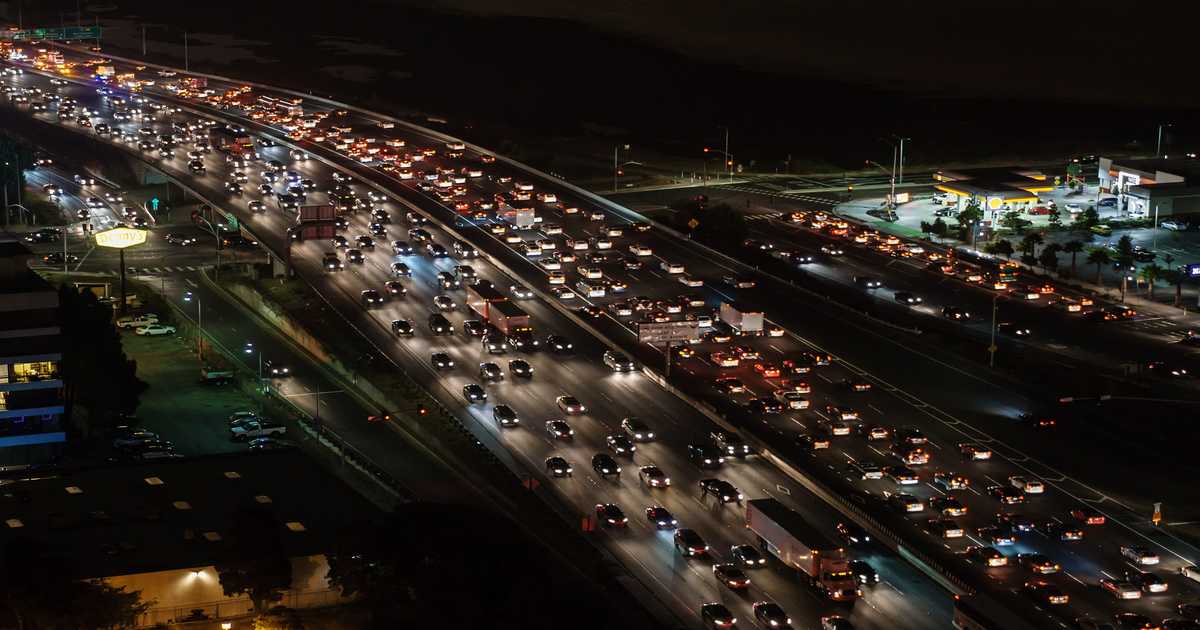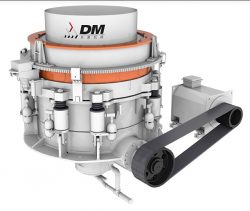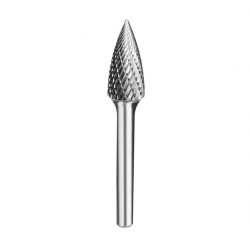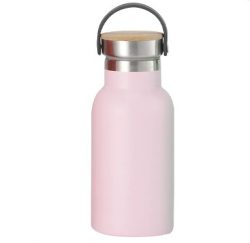The Hidden Danger: Why Air Pollution is More Dangerous for Females and How to Lose Weight After Pregnancy
Although air pollution is becoming a global issue, did you realize that women are particularly vulnerable to its effects? Studies have indicated that because of biological variations and social roles, women are more vulnerable to the negative impacts of air pollution. Significant health hazards, ranging from cardiovascular to pulmonary difficulties, are posed by this hidden peril. It’s important to understand why females are more vulnerable to air pollution in order to take preventative action and promote healthier air.
One reason air pollution more dangerous for females is hormonal differences. Women have higher levels of estrogen, which can react with pollutants like ozone and particulate matter, exacerbating health issues. This reaction can lead to increased inflammation and oxidative stress, making women more vulnerable to respiratory diseases such as asthma and chronic obstructive pulmonary disease (COPD).
The amount of time spent indoors is another issue. Women frequently spend more time indoors than outdoors, especially those who take on traditional household tasks. Indoor air pollution can be just as damaging as outdoor air pollution, if not more so. The use of home items, cooking, and cleaning can all generate pollutants that lower indoor air quality. Thus, knowing why females are more vulnerable to air pollution highlights the importance of enhancing both indoor and outdoor air quality.
Air pollution can also affect reproductive health and pregnancy. High air pollution exposure during pregnancy increases the risk of preterm birth, low birth weight, and developmental problems in the offspring. This emphasizes how crucial it is to maintain cleaner air for moms’ and their children’s health.
Although combating air pollution may seem overwhelming, women may lessen its consequences in a few different ways. The quality of indoor air can be greatly increased by purchasing air purifiers, employing natural cleaning supplies, and making sure that homes have enough ventilation. More broadly, everyone may benefit from cleaner air through supporting green programs and lobbying for laws that limit air pollution.
Losing weight after pregnancy is an issue that many women encounter concurrently with air pollution. The duties of caring for a newborn, hormonal changes, and time constraints can make postpartum weight reduction difficult. However, it is possible and can greatly enhance general health if approached correctly.
The most important thing to do is to adopt a balanced diet. Pay attention to nutrient-dense foods that provide you the energy you need for healing and taking care of a newborn. Make sure your meals contain a good amount of nutritious grains, lean proteins, and fruits and vegetables. It is equally vital to stay hydrated because it promotes general health and metabolism.
Getting regular exercise is another essential part of postpartum weight loss. When your body heals, start with easy workouts like postpartum yoga or walking and progressively increase the intensity. It can be difficult to find time to exercise, but even brief, regular workouts can have a big impact.
Losing weight can also be aided by breastfeeding. It aids in the uterus’s return to its pre-pregnancy size and burns additional calories. Furthermore, it gives your infant the vital nutrients they need, benefiting both mother and kid.
Gaining support from friends and family is essential for weight loss after pregnancy. Strong support networks may inspire, assist with child care, and promote good behaviors. Recall that self-care is crucial for maintaining good physical and mental health, so don’t be afraid to ask for assistance when you need it.
understanding why air pollution more dangerous for females and knowing how to lose weight after pregnancy are crucial steps toward a healthier life. By taking proactive measures to improve air quality and adopting a balanced approach to post-pregnancy weight loss, women can protect their health and well-being. Let’s work together to create a cleaner, healthier environment for ourselves and future generations.




































































